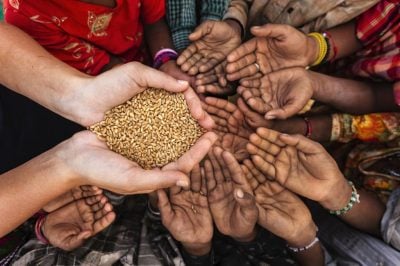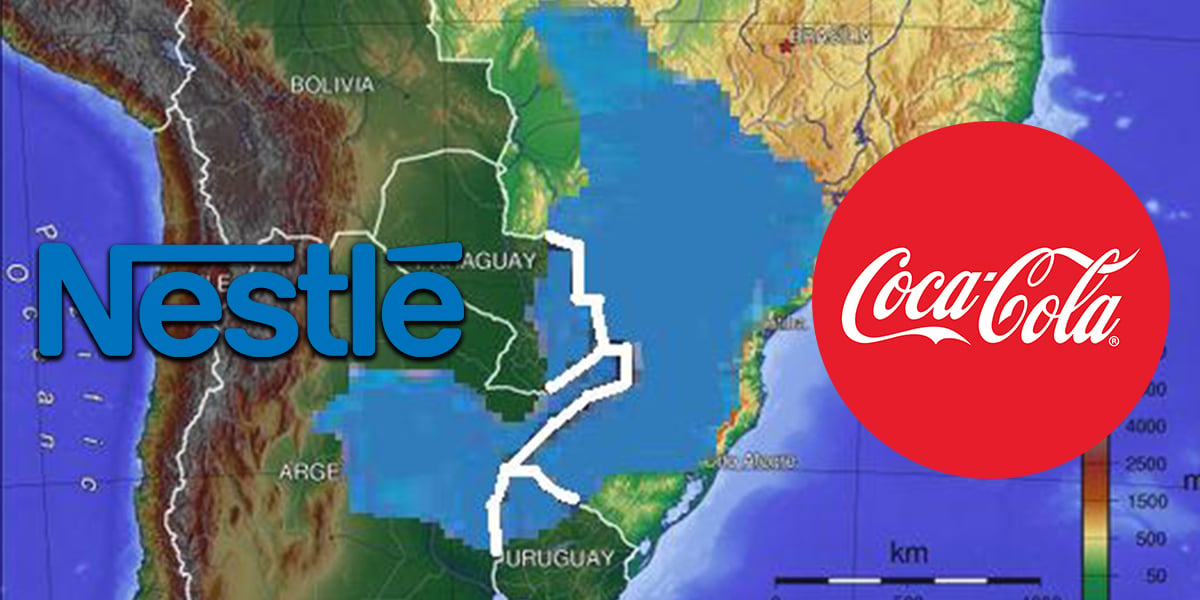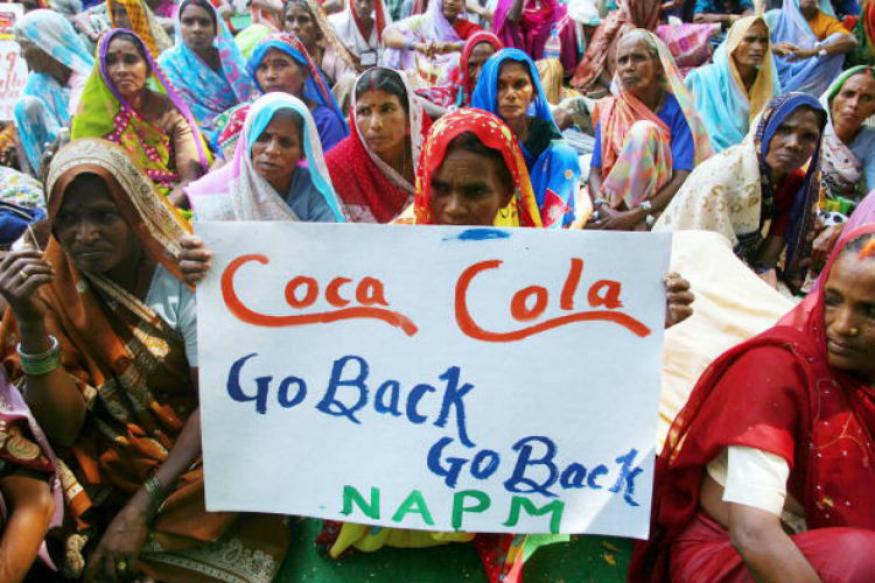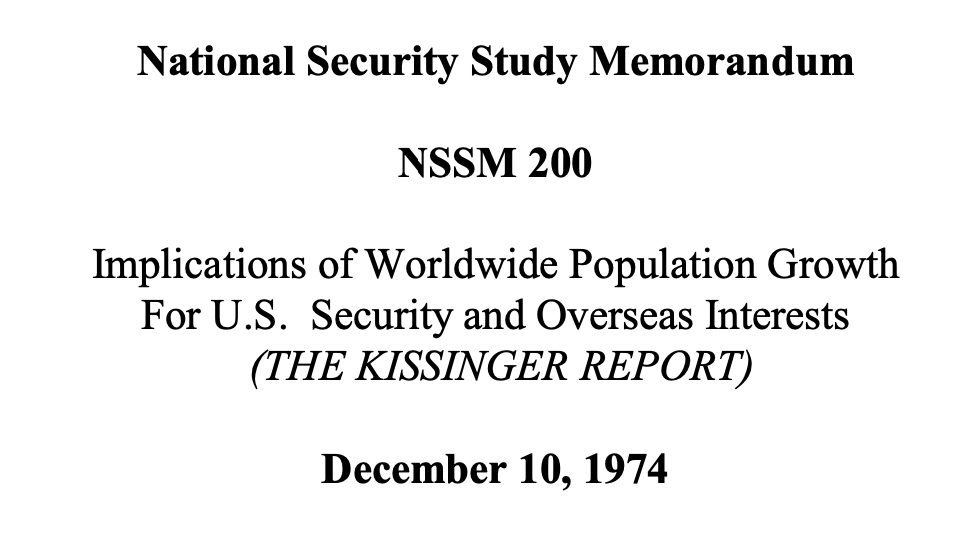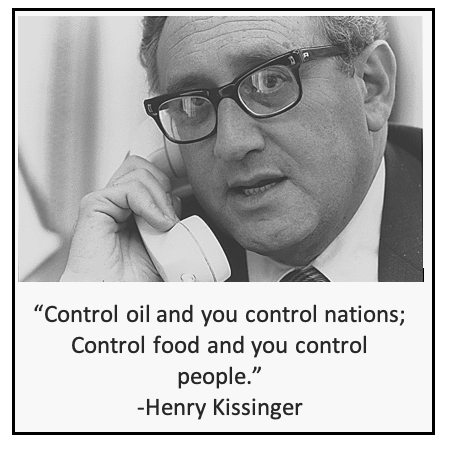Friday, April 26, 2024. Calls for cease-fire increase as campus activism in the US soars -- even as some outlets ignore the students and their bravery.
Baby Sabreen al-Sakani was delivered by Caesarean section in a Rafah hospital shortly after midnight on Sunday.
Amid chaotic scenes doctors resuscitated the baby, using a hand pump to push air into her lungs.
However she died on Thursday and has been buried next to her mother after whom she was named.
Baby Sabreen was among 16 children killed in two air strikes in Rafah last weekend. All were killed in a bombardment targeting the housing complex where they lived.
[. . .]
Sabreen's mother, also called Sabreen, was seven-and-a-half months pregnant when the Israeli air strike on the al-Sakani family home took place just before midnight on Saturday as she, her husband Shukri and their three-year-old daughter Malak were asleep.
Sabreen al-Sakani: one name among the more than 34,000 people killed in Gaza since 7 October. Sabreen was 30 weeks pregnant when she died after sustaining terrible head injuries in an Israeli airstrike in the south of the enclave.
Thankfully, her baby daughter lived after being delivered by emergency Caesarean section, at a hospital in Rafah last weekend. With more on this story - and the latest on the war in Gaza that was sparked by Hamas-led terror attacks in southern Israel – UN News’s Daniel Johnson spoke to Dominic Allen, from the UN sexual and reproductive health agency, UNFPA.
I went to MIT, class of 1969. It is now 2024 not the late sixties, but rebellion for change is again in the air. I think it is just getting revved up. I can feel it. I’ll bet you can feel it too. And maybe, hopefully, it will not crescendo any time soon but will instead persist. And perhaps, hopefully, it will seek more than immediate changes. And maybe, and I think I can feel this too, it will be much smarter than we were back then, back in 1968.
The rebellious events at Columbia last week have spurred rebellions of students and sometimes others at a rapidly enlarging community of campuses, including at my personally much-despised alma mater, MIT. [Note, I am not unbiased about campus rebellion or about MIT. The former undergirds mass change, over and over. Have at it. The latter is an instance of elite, academic, grossly rotten business as usual. When I was president of MIT’s student body, during steadily growing and intensifying rebellion, among the epithets I used for MIT was “Dachau on the Charles” because of its war research. Some on campus were too literal or too dense to see why I named it thus. For them, I would acknowledge the main difference, which was that MIT’s victims were not local, like Dachau’s—no, MIT’s victims way back then were half a torn-up world away in Vietnam enduring American carpet bombing. And regarding Dachau, MIT’s victims were not hanging like burned out lightbulbs in MIT’s corridors nor lying breathless like fish out of water gassed in MIT’s labs. And now, 56 years later, MIT’s current victims are way off in Gaza enduring Israeli carpet bombing (but with American bombs). They are not being forcefully exiled from MIT’s classes, dorms, playing fields, and clinic—not yet, anyway. My point: history sometimes repeats, sometimes with ironic differences, sometimes with healthy differences.
A number of people were arrested at Ohio State University in Columbus after demonstrators refused to leave part of campus Thursday night, a university spokesperson said.
The number of arrests was not immediately available.
“Well established university rules prohibit camping and overnight events. Demonstrators exercised their first amendment rights for several hours and were then instructed to disperse,” spokesman Ben Johnson said in an email.
“Individuals who refused to leave after multiple warnings were arrested and charged with criminal trespass,” he said.
The Columbus Dispatch newspaper reported that its reporters witnessed at least a dozen people being taken into custody.
AMY GOODMAN: This is Democracy Now!, democracynow.org. I’m Amy Goodman, with Nermeen Shaikh.
NERMEEN SHAIKH: Protests against Israel’s assault on Gaza have rocked campuses from coast to coast over the past week amid an intensifying police crackdown. At the University of Texas in Austin, school officials called in local and state police, including some on horseback, who violently broke up a student encampment on campus. At least 50 people were arrested, including at least one journalist. Some faculty at UT Austin are going on strike today to protest the police crackdown.
Meanwhile, the Gaza Solidarity Encampment at Columbia University continues a week after over a hundred students were arrested in a failed attempt by the university administration to clear the demonstration. University President Minouche Shafik had said on Tuesday — had set on Tuesday a midnight deadline to reach an agreement on clearing an encampment, but the school extended negotiations for another 48 hours. On a visit to campus Wednesday, House Speaker Mike Johnson called on Shafik to resign.
SPEAKER MIKE JOHNSON: I am here today joining my colleagues in calling on President Shafik to resign if she cannot immediately bring order to this chaos. As speaker of the House, I am committing today that the Congress will not be silent as Jewish students are expected to run for their lives and stay home from their classes, hiding in fear.
AMY GOODMAN: For more, we’re joined in New York by Sarah King, member of Columbia University Apartheid Divest. She is Jewish, one of the students arrested at the encampment last week who’s now suspended. We’re also joined by Joshua Sklar, a graduate student at University of Texas Austin, a member of Jewish Voice for Peace Austin, who was at Wednesday’s protest.
We welcome you both to Democracy Now! Josh, there were more than 50 arrests at UT Austin. If you can respond to the House speaker, who’s saying that these encampments around the country are antisemitic and pro-Hamas?
JOSHUA SKLAR: It’s absolutely ridiculous. I was there with a contingent of Jewish students, and we were received very warmly. There were even Jewish Zionists there, and they were not harassed at all. In fact, I would say that they probably felt safer than the majority of protesters.
NERMEEN SHAIKH: Sarah King, if you could describe what’s happening now at Columbia University and your own position? You were suspended?
SARAH KING: Yes, I was one of the over 100 students who was arrested as part of a peaceful protest in the Gaza Solidarity Encampment, and I’m one of the student who’s been suspended, as well, so I’m currently not allowed to be on campus. And I have to say it’s — the camp itself is very beautiful. It’s been a real place of interfaith celebration and solidarity, in support of the people of Gaza, who are now at over 200 days of genocide. But, you know, the threat is really coming from Columbia University, which has sent the police on hundreds of its students who are entrusted to its care.
AMY GOODMAN: And can you talk, Sarah, about what’s happened, how you got suspended and your treatment? I’ve been talking to a number of Columbia and Barnard students who said that some of them were given 15 minutes to get out of their dorm, and your meal card canceled, as you’re banned from campus, as well.
SARAH KING: Yeah, that’s exactly right. I’m one of the lucky ones, because I live off campus. But many students live in Columbia housing, and so they were evicted from their homes or locked out from their homes, probably illegally in many cases. We’re looking into it. And they lost access to their normal food. I had an undergraduate who is low-income and was staying with me, because she was evicted with no notice and lost access to her meal plan.
And it’s really very concerning the way Columbia uses the threat of — initially it was just — “just,” quote-unquote — the threat of housing, the threat of loss of food to try to — you know, as a cudgel to get students into the correct political line that is best for its pocketbook, its investment portfolio. And now they’re threatening to set the National Guard on us, risking another Jackson State, another Kent State, where students have been killed because the National Guard were set on students. And they’re willing to risk the threat of violence at their hands because we’re not, you know, consistent with what’s best for their board of trustees or for their portfolios.
NERMEEN SHAIKH: And, Sarah, what about your response to Mike Johnson being invited to speak at Columbia University on campus yesterday?
SARAH KING: Yeah. I mean, first, I think it’s shameful that he was allowed there. Like, I myself am not allowed on campus. I’m, you know, one of many talented and promising students with bright futures who have been banned from campus, but Mike Johnson, who is an open racist and white supremacist, along with people like Gavin McInnes, the head of the Proud Boys, they were welcomed on campus yesterday.
And to me, that really tells the story of what’s at stake here, which is that, you know, the students fighting for Palestinian liberation are part of an interracial coalition — so many Jewish students, Muslim students, Black, Brown, Arab students — working together for the cause of freedom, on one side, and then, on the other side, you have political opportunists, like the House speaker, who, you know, will take any excuse they can get to come after that kind of interfaith, multigenerational coalition fighting for freedom. And right now it happens to be under the guise of something like antisemitism. But, you know, there’s no substance to it at all. And I think anybody who came to campus and saw, the worst prosecution that the Jewish students on campus are facing is from Columbia University. We were disproportionately banned by Columbia because so many of us are part of the Gaza Solidarity Encampment trying to prevent a genocide in our name.
AMY GOODMAN: And, Joshua Sklar, wrote a piece in The Austin Chronicle. “We need a ceasefire now,” it was called, the subtitle, “Anti-Palestinian violence is not 'on the other side of the globe.' It’s here in Austin, too.” If you can talk about that and how protesters were treated yesterday? You had riot police on horseback?
JOSHUA SKLAR: Yeah. I think that there’s been this narrative that there’s been rampant antisemitism. And this simply is not the case. The people who are being targeted are Muslim students, Arab students, and especially Palestinian students. Police came in on horseback, and they attacked protesters. I heard from other students that during an earlier part of the protest, they were clearly targeting Brown people and women. I wasn’t there personally, but this is what I heard.
AMY GOODMAN: Let me ask Sarah King a final question. We have 10 seconds. And that is, 48-hour extension goes ’til tonight. What are the plans? Ten seconds, Sarah.
SARAH KING: You know, I think most of the people at the encampment have already agreed to risk arrest, and they won’t move unless moved by force or until Columbia concedes to our demands, which are for divestment, amnesty and financial transparency.
AMY GOODMAN: We want to thank you both for being with us, Sarah King, Columbia University Apartheid Divest, and Joshua Sklar at UT Austin. I’m Amy Goodman, with Nermeen Shaikh.
At the University of Texas in Austin, school officials called in local and state police, who violently crushed a student attempt to set up an encampment on the university’s South Mall. At least 50 people were arrested, including at least one journalist. Some faculty at UT Austin are going on strike today to protest the police crackdown. In a statement, the teachers wrote, “We have witnessed police punching a female student, knocking over a legal observer, dragging a student over a chain link fence, and violently arresting students simply for standing at the front of the crowd.”
In Massachusetts, police made at least 108 arrests as officers broke up a student encampment at Emerson College in Boston overnight. Meanwhile, students at Harvard University defied school orders and began a tent encampment at Harvard Yard, which had been closed on Tuesday.
And earlier this morning, police moved in and started arresting Princeton students as they were setting up their own Gaza solidarity encampment.
Tell me how this is not the actions of a police state. Go on. I'll wait.This police behavior has a specific strategy: to scare everyone away from exercising our right to protest. It is disgusting. This woman is not an enemy combatant; she's a citizen exercising her rights… https://t.co/7qWhoOX2ZS— Marianne Williamson (@marwilliamson) April 26, 2024
The force acknowledged that chemical irritants had been released as part of crowd control measures, though they said it was in response to objects being thrown at officers.
Atlanta Police also confirmed using chemical irritants but denied reports they had fired rubber bullets at protesters.
A day after Columbia University officials warned it may call on the National Guard to remove nonviolent student protesters who have been occupying campus lawns since last week in solidarity with Gaza, advocacy group Palestine Legal on Thursday filed a federal civil rights complaint demanding an investigation into the school's "discriminatory treatment of Palestinian students and their allies."
The school discriminated against pro-Palestinian protesters last week when President Minouche Shafik summoned New York Police Department officers in riot gear to arrest more than 100 students, said Palestine Legal.
The complaint details how the escalation against students, who have set up an encampment on campus to demand Columbia divest from companies that work with the Israeli government and to support calls for a cease-fire in Gaza, is part of a monthslong pattern of the university's targeting of pro-Palestinian students.
According to Palestine Legal, students of all backgrounds who have demanded an end to Israel's U.S.-backed massacre of Palestinians in Gaza "have been the target of extreme anti-Palestinian, anti-Arab, and Islamophobic harassment, including receiving multiple death threats, being harassed for wearing keffiyehs or hijab, doxxed, stereotyped, being treated differently by high-ranking administrators including... Shafik, an attack with a chemical agent that led to at least 10 students requiring hospitalization and dozens of others, including a Palestinian student, seeking medical attention, and more."
Faculty from universities across the country have begun to mobilize in solidarity with the student movement for Palestine. From NYU, where faculty linked arms to protect students from police; to Columbia University, where faculty engaged in a solidarity walkout with the Gaza Solidarity Encampment; to Barnard College, where faculty planned a sick-out in defense of their students — faculty are rising up in defense of their students. At the University of Texas Austin, faculty have announced a 24-hour work stoppage as part of the fight against student repression.
The action is the first so far in which faculty are using their power as workers to halt university operations in solidarity with student protestors. They are leveraging the fact that they make the university run in order to grind it to a halt. As we noted recently, while the past few years have seen many graduate worker and contingent faculty strikes, it’s very unusual in recent decades for faculty to mobilize to this extent outside of the context of collective bargaining.
Notably, public sector workers in Texas have serious restrictions on collective bargaining, meaning they do not have the ability to organize unions and negotiate from those unions. In other words, these workers are acting as a united group without having a union. Additionally, Texas has a full ban on public sector workers engaging in work stoppages — this means faculty at UT Austin are acting together, without a union, to break the law and stop work in order to protect the student movement. This action shows that, even if workers have no current legal pathway for unionization, they can still act as a union — in fact, public sector collective bargaining rights were won through strikes like these.
A sense of delight has filled the city’s opinion pages. The New York Post editorial board (4/18/24) hailed both the clampdown on protests and Congress’s push to ensure that such drastic action against free speech was taken: “We’re glad to see Shafik stand up…. Congress deserves some credit for putting educrats’ feet to the fire on this issue.” The paper added, “Academia has been handling anti-Israel demonstrations with kid gloves.” In other words, universities have been allowing too many people to think and speak critically about an important issue of the day.
In “At Columbia, the Grown-Ups in the Room Take a Stand,” New York Times columnist Pamela Paul (4/18/24) hailed the eviction, saying of the encampment that for the “passer-by, the fury and self-righteous sentiment on display was chilling,” and that for supporters of Israel, “it must be unimaginably painful.” In other words, conservative pundits have decided that campus safe spaces where speech is banned to protect the feelings of listeners are good, depending on the issue. Would Paul (no relation!) favor bans on pro-Taiwan or pro-Armenia demonstrations because they could offend Chinese and Turkish students?
And for Michael Oren, a prominent Israeli politico, Columbia students hadn’t suffered enough. He said of Columbia in a Wall Street Journal op-ed (4/19/24):
Missing was an admission of the university’s failure to enforce the measures it had enacted to protect its Jewish community. [Shafik] didn’t address how, under the banner of free speech, Columbia became inhospitable to Jews. She didn’t acknowledge how incendiary demonstrations such as the encampment were the product of the university’s inaction.
Shafik had assured her congressional interrogators that Columbia had already suspended 15 students for speaking out for Palestinian human rights, suspended two student groups—Jewish Voice for Peace and Students for Justice in Palestine (Jewish Telegraphic Agency, 11/10/23)—and had even terminated an instructor (New York Times, 4/17/24).
Northwestern University changed its student code of conduct Thursday morning to bar tents on its suburban Chicago campus as student activists set up an encampment.
Groups including Jewish Voice for Peace and Educators for Justice in Palestine said the encampment on the Evanston campus was “a safe space for those who want to show their support of the Palestinian people.” The students want the university to divest from Israel, among other things.
Dozens participated as University President Michael Schill issued an email saying the university had enacted an “interim addendum” to its student code to bar tents, among other things, and warned of disciplinary actions including suspension, expulsion and criminal charges.
“The goal of this addendum is to balance the right to peacefully demonstrate with our goal to protect our community, to avoid disruptions to instruction and to ensure university operations can continue unabated,” Schilling said.
Student-led protests over the war in Gaza were widening in Europe on Friday as activists in Britain and France follow the lead of a campus demonstrations spreading in the US.
Protesters in Paris blocked an entrance to elite university Sciences Po on Friday, refusing to back down after a tent “occupation” was broken up by police a day earlier.
Activists at University College London were planning a rally in the name of a “global student movement for Palestine”, taking inspiration from protests at New York’s Columbia University.
Groups of students in both cities are demanding that university bosses cut ties with Israel and give free rein to pro-Palestinian protesters.
In Berlin, 150 police officers moved to ban a protest camp set up near the German parliament, citing repeated criminal offences. It was not clear whether the activists were students.
The US unrest inspired by Columbia’s tent occupation has meanwhile continued to spread, with more than 200 people arrested overnight at campus protests Los Angeles, Boston and Austin.
The U.S. State Department’s Arabic-language spokesperson, Hala Rharrit, resigned Thursday, citing her opposition to the Biden administration’s policy on Israel’s war in Gaza. Her departure marks at least the third resignation in the department since Hamas’s Oct. 7 attack on Israel.
“I resigned April 2024 after 18 years of distinguished service in opposition to the United States’ Gaza policy,” Rharrit wrote on LinkedIn.
When asked about Rharrit’s resignation, State Department spokesman Vedant Patel told reporters that the department offers avenues for employees to express dissent when they disagree with the decisions of senior leaders.
Rharrit joins a list of ex-officials that includes Annelle Sheline, who worked on human rights issues, and Josh Paul, who worked on arms sales.
Gaza remains under assault. Day 203 of the assault in the wave that began in October. Binoy Kampmark (DISSIDENT VOICE) points out, "Bloodletting as form; murder as fashion. The ongoing campaign in Gaza by Israel’s Defence Forces continues without stalling and restriction. But the burgeoning number of corpses is starting to become a challenge for the propaganda outlets: How to justify it? Fortunately for Israel, the United States, its unqualified defender, is happy to provide cover for murder covered in the sheath of self-defence." CNN has explained, "The Gaza Strip is 'the most dangerous place' in the world to be a child, according to the executive director of the United Nations Children's Fund." ABC NEWS quotes UNICEF's December 9th statement, ""The Gaza Strip is the most dangerous place in the world to be a child. Scores of children are reportedly being killed and injured on a daily basis. Entire neighborhoods, where children used to play and go to school have been turned into stacks of rubble, with no life in them." NBC NEWS notes, "Strong majorities of all voters in the U.S. disapprove of President Joe Biden’s handling of foreign policy and the Israel-Hamas war, according to the latest national NBC News poll. The erosion is most pronounced among Democrats, a majority of whom believe Israel has gone too far in its military action in Gaza." The slaughter continues. It has displaced over 1 million people per the US Congressional Research Service. Jessica Corbett (COMMON DREAMS) points out, "Academics and legal experts around the world, including Holocaust scholars, have condemned the six-week Israeli assault of Gaza as genocide." The death toll of Palestinians in Gaza is grows higher and higher. United Nations Women noted, "More than 1.9 million people -- 85 per cent of the total population of Gaza -- have been displaced, including what UN Women estimates to be nearly 1 million women and girls. The entire population of Gaza -- roughly 2.2 million people -- are in crisis levels of acute food insecurity or worse." THE NATIONAL notes, "At least 34,356 Palestinians have been killed and 77,368 wounded in Israel's military offensive since October 7, Gaza's Health Ministry said on Friday. The ministry said 51 people were killed and 75 injured in the 24-hour reporting period." Months ago, AP noted, "About 4,000 people are reported missing." February 7th, Jeremy Scahill explained on DEMOCRACY NOW! that "there’s an estimated 7,000 or 8,000 Palestinians missing, many of them in graves that are the rubble of their former home." February 5th, the United Nations' Phillipe Lazzarini Tweeted:
Footage published online and verified by Al Jazeera shows Israeli soldiers preventing a number of young men from entering the mosque and assaulting some of them.
Still, thousands of people made it to Islam’s third holiest site to perform Friday prayers.
In recent months Israeli authorities have imposed restrictions on Muslim worshippers wanting to pray at Al-Aqsa. Only men over the age of 55 or women over 50 are allowed to enter and all must have a valid permit. This means that the site is not accessible to the vast majority of Palestinians.
Meanwhile, the Islamic Waqf department on Thursday said more than 1,000 settlers stormed the courtyard of the mosque.
